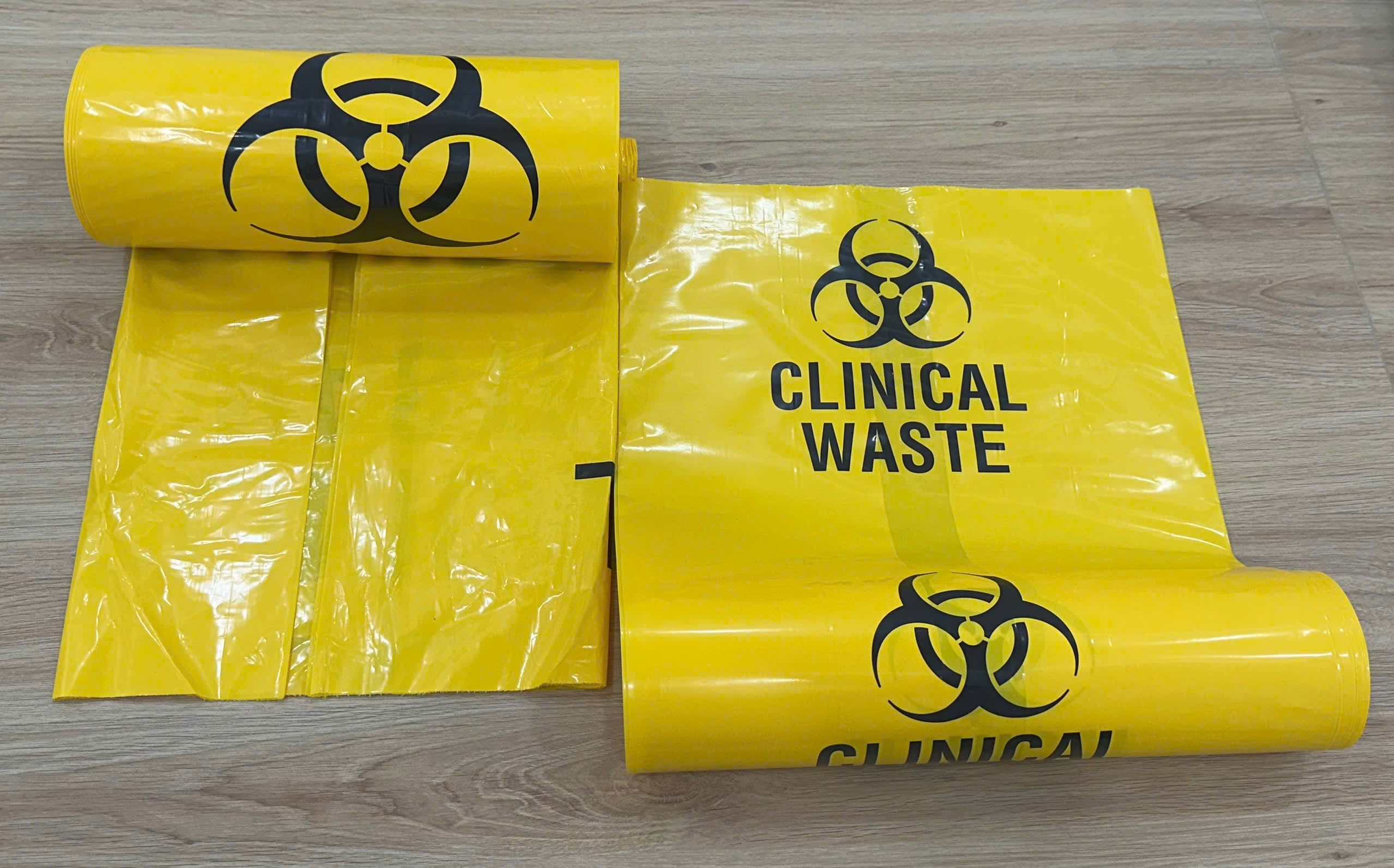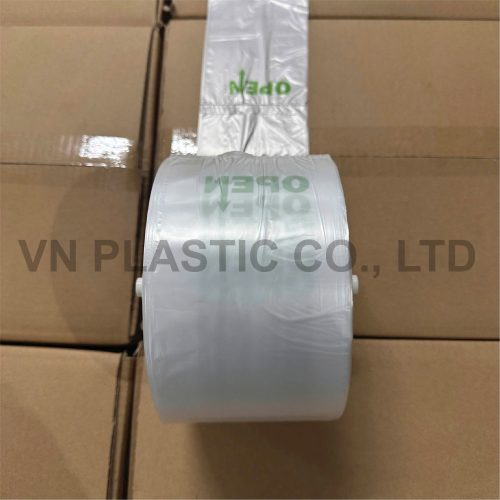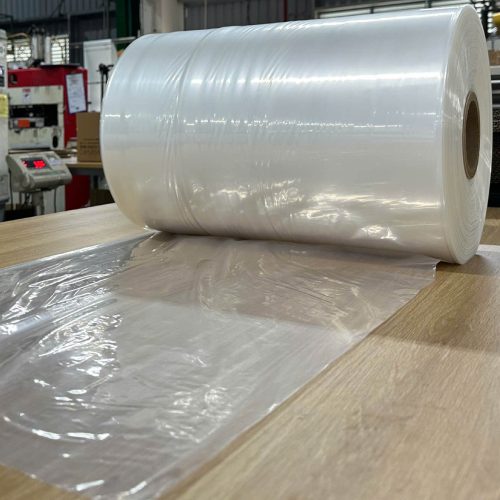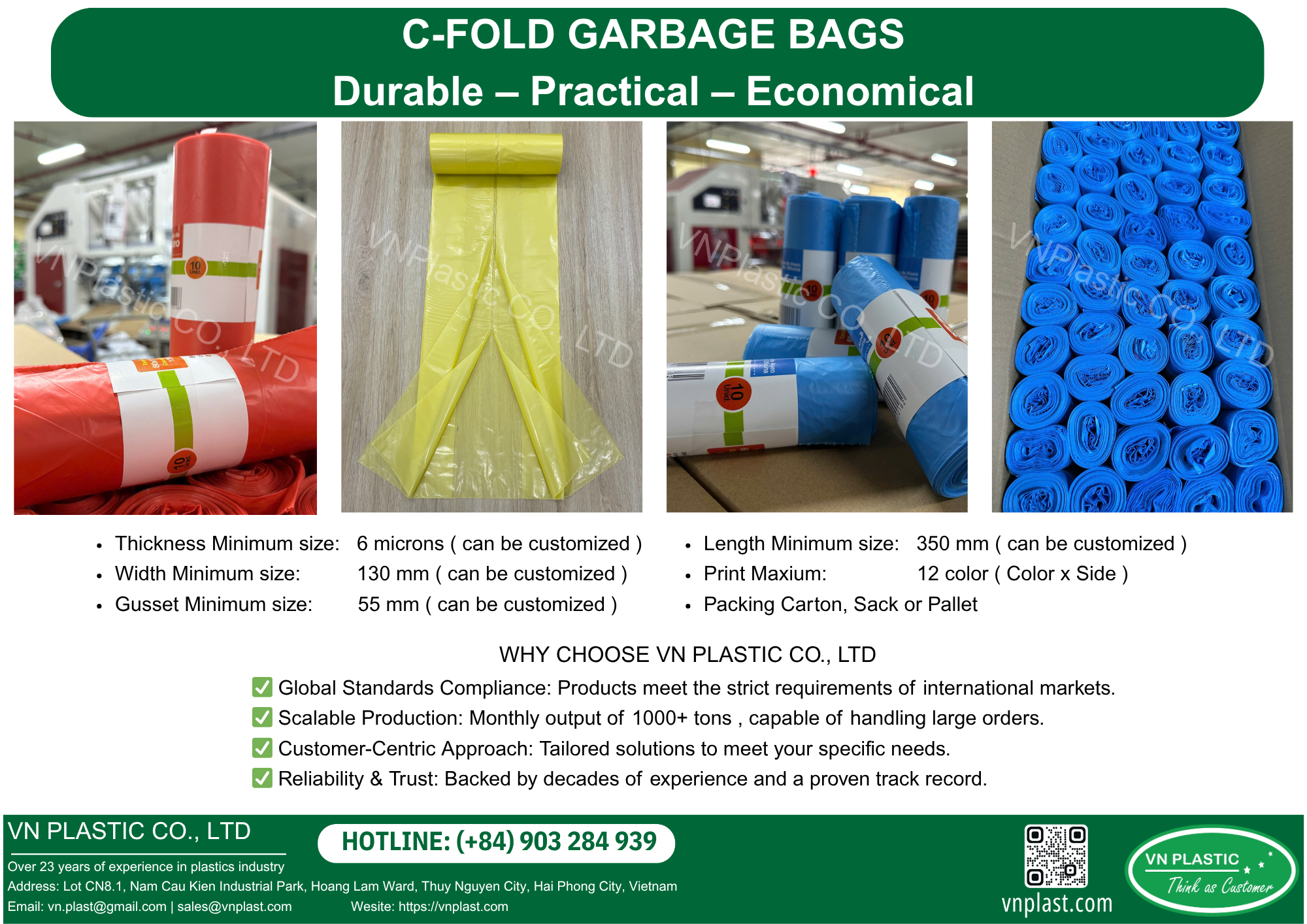The ubiquitous plastic bag has become a common item in our daily lives, used for carrying groceries, packaging products, and as convenient storage solutions. However, while they may offer convenience, their environmental implications are significant and often overlooked. This article delves into the multifaceted issues surrounding plastic bags, exploring their impact on ecosystems, wildlife, and human health.
Plastic bag

Plastic bags are made from polyethylene, a synthetic material derived from fossil fuels. They are lightweight, durable, and waterproof, making them ideal for various applications. However, these same properties contribute to their persistence in the environment, where they can last for hundreds of years.
The production and disposal of plastic bags also have far-reaching consequences. The manufacturing process is resource-intensive, requiring large amounts of energy and contributing to greenhouse gas emissions. Once discarded, these bags often end up in landfills or natural habitats, leading to a range of environmental issues.
The simple act of using a plastic bag may seem harmless, but it’s essential to understand the broader context of this seemingly innocuous item. The pervasive use of plastic bags has prompted many countries and communities to reevaluate their reliance on them, leading to bans, taxes, and awareness campaigns aimed at reducing their consumption.
Environmental Pollution
Plastic pollution is one of the most pressing environmental issues today. When plastic bags are improperly disposed of, they can contribute to litter that pollutes our landscapes and waterways. Natural environments suffer when plastics accumulate, leading to negative impacts on the ecosystem.
Wildlife is particularly vulnerable to the hazards posed by plastic bags. Animals can mistake them for food, leading to ingestion that can cause serious health problems or even death. Sea turtles, birds, and marine mammals are often affected, suffering from entanglement or digestive blockages. The threat extends beyond individual species; entire ecosystems can be disrupted as the balance of predator and prey is altered due to the decline of certain animals.
Moreover, as plastic bags break down into smaller microplastics, they can enter the food chain. These tiny particles are not only consumed by marine life but also make their way into agricultural products, affecting human health and safety. The presence of microplastics in our water supply and food raises concerns about potential long-term effects that are still being researched.
Economic Impact
The economic consequences of plastic bag usage extend beyond environmental degradation. Cleanup efforts to manage plastic waste can be costly for local governments and taxpayers. Communities spend significant amounts of money to collect trash, clean beaches, and maintain parks plagued by litter.
In addition, businesses may face challenges related to plastic bag use. Some retailers have started to shift towards more sustainable alternatives, such as reusable bags or biodegradable options. While this transition can reduce environmental impact, it may also require initial investments in new packaging materials and consumer education.
Furthermore, the tourism sector can be adversely affected by plastic pollution. Beaches and natural attractions littered with plastic bags can deter visitors, leading to decreased revenue for local economies dependent on tourism. Protecting natural resources and maintaining clean environments is vital for sustaining economic growth and attracting tourists.
Health Concerns
The health implications of plastic bags are often underestimated. As mentioned earlier, the ingestion of plastics by wildlife can lead to toxins entering the food chain. These toxins can bioaccumulate, meaning that they build up in the bodies of living organisms over time. Consequently, humans who consume seafood or animal products exposed to microplastics may unknowingly ingest harmful chemicals.
Additionally, the production of plastic bags can expose workers to harmful substances. The processes involved in creating plastic involve various hazardous chemicals, which can pose risks to factory workers and nearby communities. There are also concerns regarding the environmental impact of petroleum extraction and refining necessary for plastic production.
Awareness of these health risks has contributed to growing pressure for change. Consumers increasingly demand transparency regarding product sourcing and safety, prompting companies to consider more sustainable practices that prioritize not just profits but also public health.
Plastic bag in vietnamese

In Vietnam, the term for a plastic bag is “túi nhựa”. The widespread use of plastic bags in the country has led to similar environmental challenges as those faced globally. Over the years, the Vietnamese government and various organizations have initiated campaigns aimed at reducing plastic waste and promoting environmentally friendly alternatives.
Vietnam is recognized as one of the countries grappling with severe plastic pollution. The abundance of plastic waste threatens the natural beauty of its landscapes and poses risks to wildlife. The country’s rivers and oceans have seen a significant increase in plastic debris, leading to calls for action to tackle the issue.
Cultural Attitudes Towards Plastic Bags
Cultural attitudes play a crucial role in shaping how plastic bags are perceived and utilized in Vietnam. Historically, plastic bags have been embraced for their practicality, particularly in the bustling markets and street vendors that characterize daily life. However, as environmental awareness increases, there is a growing recognition of the need to shift away from single-use plastics.
Initiatives aiming to educate the public about the detrimental effects of plastic pollution are gaining momentum. Schools, non-governmental organizations, and community groups have engaged in outreach programs to teach people about sustainable practices. Efforts to promote reusable bags and other eco-friendly alternatives are becoming more prevalent in urban areas, aligning with global trends of reducing plastic dependency.
Government Regulations
The Vietnamese government has taken steps to address plastic pollution through regulations and policies. In 2019, the government announced a plan to reduce plastic waste by promoting the use of biodegradable materials and encouraging recycling. Though progress has been made, enforcement remains a challenge in a rapidly industrializing nation.
Local governments are beginning to implement bans or restrictions on plastic bags in major cities like Hanoi and Ho Chi Minh City. These initiatives aim to encourage citizens and businesses alike to adopt sustainable practices. However, effectively changing consumer behavior requires ongoing education and support from the community.
Innovations and Alternatives
The movement towards sustainability in Vietnam has sparked innovation in developing alternatives to traditional plastic bags. Entrepreneurs and startups are rising to the challenge by creating eco-friendly packaging solutions, including bags made from plant-based materials or recycled paper.
These innovations not only help reduce plastic waste but also provide new business opportunities. By investing in sustainable alternatives, Vietnam can potentially create jobs in the emerging green economy. Supporting local production of biodegradable materials serves both environmental goals and boosts economic resilience.
Plastic bag packaging

Plastic bag packaging encompasses a wide range of uses across industries, from retail to food services. Although their functionality is undeniable, the environmental repercussions must be critically examined.
The packaging industry significantly contributes to plastic waste, with plastic bags frequently being discarded after a single-use. This practice contradicts the principles of sustainability and circular economy, which advocate for extending the lifecycle of materials and reducing waste.
Recycling Challenges
Recycling plastic bags presents unique challenges. Many curbside recycling programs do not accept plastic bags due to contamination and difficulty in processing. Instead, consumers are often encouraged to return bags to designated collection points at grocery stores. Unfortunately, not all consumers know to do this, resulting in many plastic bags ending up in landfills or as litter.
Efforts to improve recycling technology and infrastructure are underway, but scaling these solutions globally will take time. Education is key to changing consumer habits, and businesses can play an influential role in informing customers about responsible disposal methods.
Sustainable Packaging Solutions
Several companies are now experimenting with biodegradable and compostable packaging options. These innovative alternatives can offer similar convenience to plastic bags while minimizing harm to the environment. Materials derived from renewable resources, such as cornstarch or sugarcane, are being developed to replace traditional plastics.
While these solutions hold promise, consumer acceptance and market demand will dictate their success. Educating the public about the benefits of sustainable packaging is essential for driving change in purchasing behaviors. Additionally, businesses should be incentivized to adopt sustainable practices to ensure a collective effort towards reducing plastic waste.
The Role of Technology
Advancements in technology have the potential to revolutionize the plastic bag packaging industry. Innovations like smart packaging, which can track freshness and spoilage, could reduce food waste, thereby decreasing the overall demand for packaging.
Furthermore, improvements in recycling technologies may allow for better sorting and processing of plastic materials, leading to higher recycling rates and reduced landfill contributions. Collaborations between manufacturers, policymakers, and environmental organizations will be crucial to develop and implement effective solutions.
Plastic bag factory
A plastic bag factory plays a pivotal role in the production of plastic bags, contributing significantly to their prevalence in society. While factories facilitate convenience and accessibility, they also symbolize the challenges of managing plastic waste and its environmental effects.
The operation of plastic bag factories involves several stages, from raw material procurement to production, packaging, and distribution. Each step in the process has implications for the environment, particularly concerning energy consumption, carbon emissions, and waste generation.
Environmental Footprint
Plastic bag manufacturing relies heavily on fossil fuels, contributing to air pollution and climate change. Factories typically operate on a large scale, consuming vast amounts of energy and generating greenhouse gases throughout the production cycle.
To mitigate their environmental footprint, many factories are now adopting cleaner production methods and integrating renewable energy sources into their operations. The shift towards using sustainable materials can also contribute to reducing the impact on natural resources.
Labor Practices and Community Impact
Labor practices within plastic bag factories can vary significantly. In some regions, workers may face challenging conditions, including exposure to harmful chemicals and insufficient safety regulations. Companies must prioritize ethical labor practices and worker safety to foster a responsible production environment.
The presence of plastic bag factories also affects local communities. While they generate employment opportunities, they can also introduce potential hazards associated with pollution and waste management. Establishing clear regulations and monitoring systems can help ensure that factories contribute positively without compromising community well-being.
Future of Plastic Bag Production
As societal attitudes shift towards sustainability, the future of plastic bag factories may undergo significant transformation. Demand for environmentally friendly alternatives is increasing, prompting manufacturers to explore innovative production techniques.
Adapting to these changes may require factories to invest in research and development, fostering creativity and ingenuity in sustainable packaging solutions. By embracing these opportunities, the industry can evolve and align with global efforts to combat plastic pollution.
Conclusion
The impact of plastic bags on the environment is profound and multifaceted. From pollution and wildlife endangerment to economic implications and health concerns, the challenges presented by plastic bags necessitate urgent action.
In countries like Vietnam, cultural attitudes and government regulations play crucial roles in addressing plastic pollution. Through awareness campaigns and innovations in sustainable packaging, there is hope for a future that prioritizes environmental stewardship.
While the journey towards a plastic-free world is fraught with challenges, collective efforts—ranging from consumer education to technological advancements—hold the key to meaningful change. Only by recognizing the significance of our choices and advocating for sustainable practices can we mitigate the environmental impact of plastic bags and protect our planet for future generations.
Factory: No 5, Lot CN8.1, Nam Cau Kien Industrial Park, Hoang Dong Commune, Thuy Nguyen District, Hai Phong City, Viet Nam.
Tel/whatsapp:(+84)903 284 939
Ws: http://vnplast.com
Email: [email protected] | [email protected]




